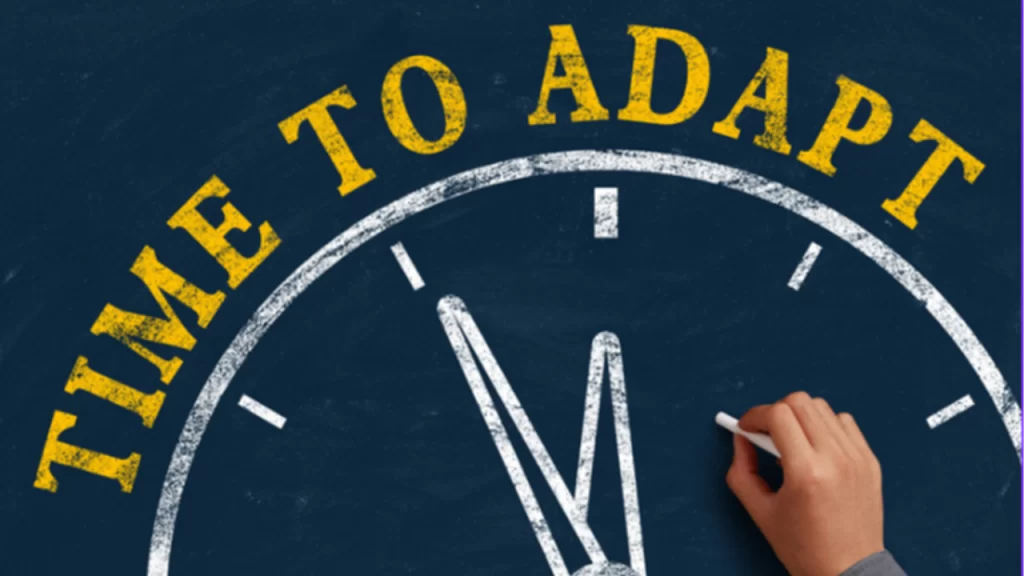
Strategies for Business Resilience
Change is inevitable in the business world. Resilience is key to overcoming obstacles and thriving in turbulent times. This blog explores strategies for building resilience in business, from fostering a culture of adaptability to embracing innovation and diversification. Visit omeraftab.com for more insights on building resilience in your business.
Fostering a Culture of Adaptability
A culture of adaptability is crucial for business resilience. Encouraging employees to embrace change prepares businesses for unexpected challenges.
- Open Communication: Transparent communication fosters trust and ensures everyone is on the same page.
- Employee Empowerment: Empowering employees to make decisions boosts morale and enhances adaptability.
- Continuous Learning: Promoting continuous learning keeps skills up-to-date and improves problem-solving capabilities.
Embracing Innovation
Innovation is essential for staying relevant and competitive. Embracing new technologies and ideas can drive growth and resilience.
- Technology Integration: Leveraging the latest technologies can streamline processes and improve efficiency.
- Creative Problem-Solving: Encouraging creative problem-solving leads to innovative solutions for business challenges.
- Research and Development: Investing in research and development fosters innovation and keeps businesses ahead of the curve.
Diversification: Spreading Risk
Diversification spreads risk and enhances business resilience. It involves expanding products, services, and markets to reduce dependence on a single source.
- Product Diversification: Offering a range of products reduces reliance on a single revenue stream.
- Market Expansion: Entering new markets mitigates the impact of local economic downturns.
- Service Diversification: Providing diverse services meets varying customer needs and increases market share.

Proactive Change Management
Proactive change management prepares businesses for future uncertainties. It involves anticipating changes and developing flexible strategies to address them.
- Scenario Planning: Planning for different scenarios helps businesses prepare for potential challenges.
- Agile Strategies: Agile strategies allow businesses to quickly adapt to changing conditions.
- Risk Management: Identifying and managing risks ensures businesses can navigate uncertainties effectively.
Building Strong Relationships
Strong relationships with stakeholders enhance business resilience. They provide support and resources during challenging times.
- Customer Relationships: Building strong customer relationships fosters loyalty and repeat business.
- Supplier Partnerships: Strong supplier partnerships ensure a stable supply chain.
- Community Engagement: Engaging with the community builds goodwill and support.
Adapting to change and building business resilience are essential for long-term success. By fostering a culture of adaptability, embracing innovation, and diversifying, businesses can navigate any storm. Proactive change management and strong relationships further enhance resilience. Visit omeraftab.com for more strategies on building business resilience. Embrace change, develop flexible strategies, and ensure your business can thrive in any environment. For more insights, explore omeraftab.com and learn how to build a resilient business that stands the test of time.